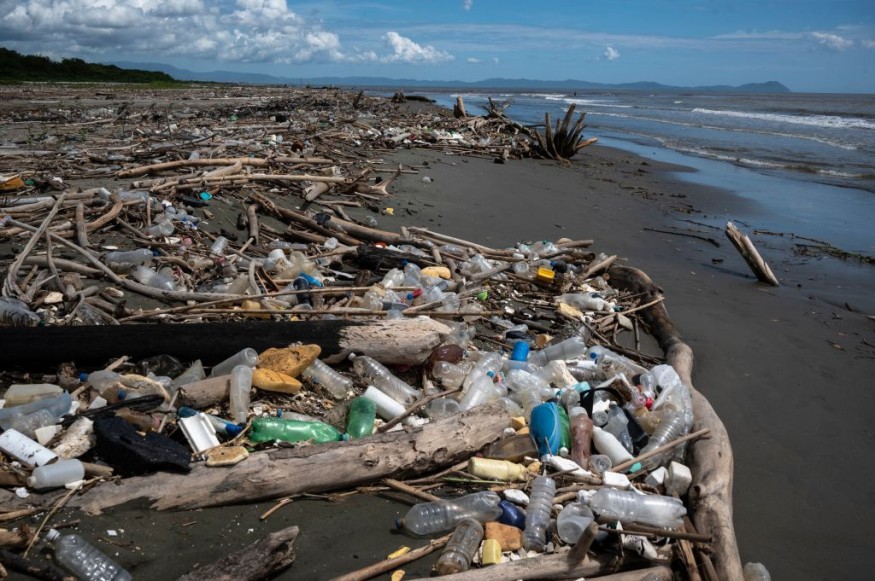Pollution and human-induced climate change threaten the oceans, which could impact marine biodiversity and humans.
The ocean is home to known and unknown marine species. It mitigates the effects of climate change and global heat.
In addition, oceans provide job security to humans, oxygen and food sources. As a result, the protection of the ocean and species is essential.
According to reports, oceans have suffered from alarming water and plastic pollution. The toxic materials and microplastics harm aquatic animals and coral reef systems.
Don't throw plastic on the beach or oceans

Plastic debris on the beach can likely go into the oceans. If you see any plastic, picking it up and throwing it in the proper areas is best to prevent being consumed by aquatic animals.
Massive plastic pollution is a problem affecting all marine species. Plastic ingestion can harm marine animals suffering from starvation or lack of nutrients.
In addition, whales suffer mostly from plastic pollution, consuming 10 million plastic pieces daily. Whales can treat plastic as food.
Researchers discovered microplastics in seals, dolphins, whales and sea lions. The large amount of plastic in animals can also harm humans, especially when they consume aquatic animals with microplastics.
According to the Journal of Hazardous Materials, seabirds suffer from Plasticosis. It is a disease caused by small plastic shards that damage animals' digestive systems.
Participate in plastic cleanup
People can also help by investing time in plastic cleanup in their areas or communities. Monthly participation in cleanup can massively clean rivers or other bodies of water polluted by plastics.
In August, the Ocean Cleanup removed 25,000 pounds of plastic materials from the Great Pacific Garbage Patch.
The Great Pacific Garbage Patch has been polluted by massive amounts of plastic, requiring urgent effort to clean.
Dispose of hazardous materials properly
The NOAA Ocean Service advised people to dispose of non-toxic materials like pesticides properly, ensuring they won't enter the ocean.
Homeowners can also reduce the consumption of plastic products. Using environmentally friendly products can help save the oceans.
When hazardous waste goes into the ocean, it can affect coral reef habitats of species. It can also affect the clean water supply in communities.
Check the food you eat
Fishes in the oceans are also overexploited, leading to possible extinction or decline of their populations.
People must eat sustainable food. The Monterey Bay Aquarium Seafood Watch shows sustainable food recommendations.
Also Read : Massive Ocean Cleanup: 25,000 Pounds of Junk, Plastics Removed from Great Pacific Garbage Patch
Be responsible while on the ocean
People should travel safely while on the ocean. They mustn't hit aquatic animals, causing possible vessel collision strikes.
Shipping collisions can kill animals and their young. Meanwhile, fishing gear entanglement also impacts dolphins, whales and other marine species.
With the increasing concerns about the ocean, humans can contribute by following the said habitats. Animals and humans benefit from the seas, and possible decline could affect food security.
Related Article : Mitigating Plastic Pollution: Wood Dust Filtering Device Can Help Trap Harmful Microplastics
For more similar, don't forget to follow Nature World News.
© 2025 NatureWorldNews.com All rights reserved. Do not reproduce without permission.





